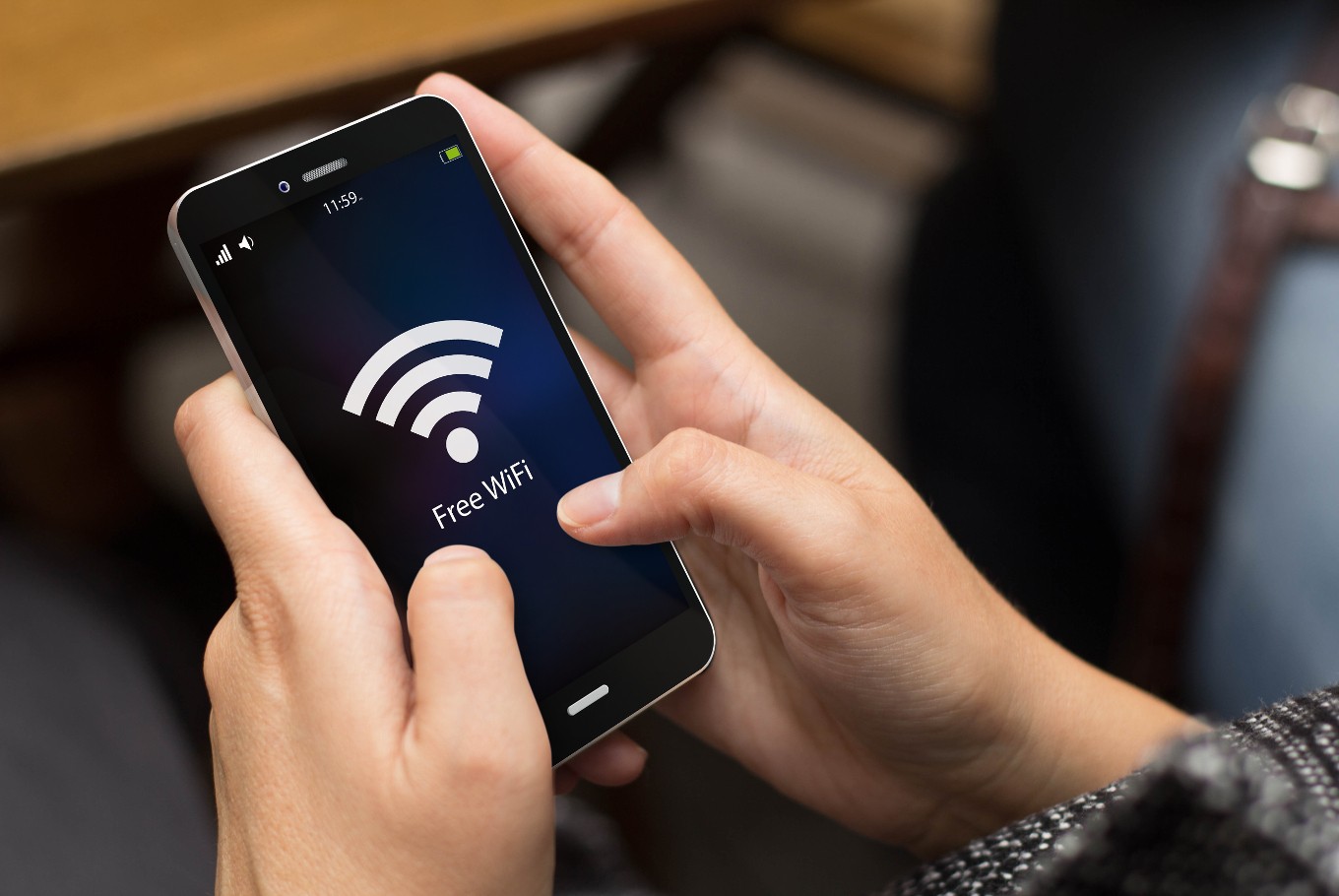Popular Reads
Top Results
Can't find what you're looking for?
View all search resultsPopular Reads
Top Results
Can't find what you're looking for?
View all search resultsMobile download speeds increasingly outstrip Wi-Fi, says study
Change text size
Gift Premium Articles
to Anyone
I
n a majority of countries studied by mobile analytics company, OpenSignal, 4G networks offer a faster smartphone download experience than Wi-Fi networks.
In a recent report, OpenSignal compared the download speeds for mobile devices (smartphones and tablets) when using mobile networks and Wi-Fi. The research found that in 33 of the 80 countries studied, or 41 percent of countries, smartphone download speeds were, on average, faster using mobile networks than Wi-Fi. For 4G, this increases to 50 countries, or 63 percent of those studied, in which 4G networks offer a faster smartphone download experience than Wi-Fi.
The difference in download speed is most striking in Australia (13 megabits per second), followed by Lebanon (12.3 megabits per second), Qatar (11.8 megabits per second), Oman (11 megabits per second) and Greece (10.6 megabits per second).
Read also: Five ways to secure your Wi-Fi from unexpected users
The fastest speeds were found in Asia. In South Korea, the average overall mobile network download speed is 45 megabits per second, while Singapore has an average Wi-Fi download speed of 72.8 megabits per second.
The forthcoming rollout of 5G should further increase the trend.
The research was carried out by OpenSignal between Aug. 5 and Nov. 3, based on more than 63 billion measurements carried out via some 7.7 million mobile devices worldwide.











